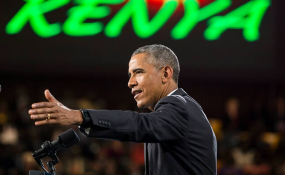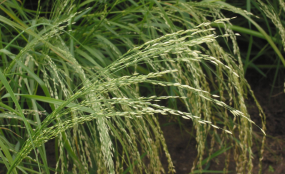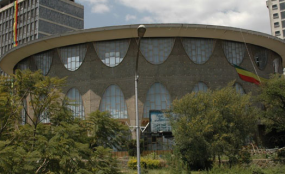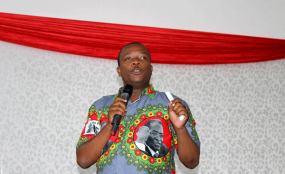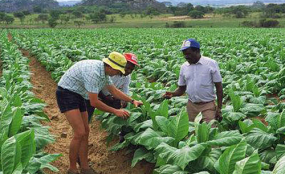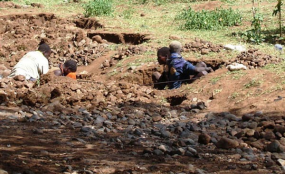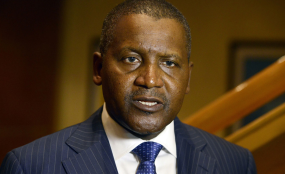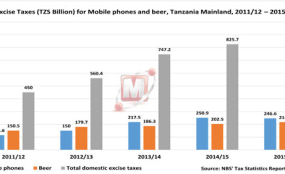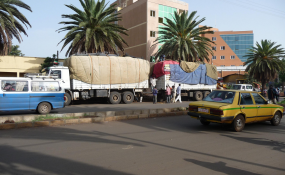New York — A new report on Barack Obama’s main legacy project for Africa shows it is falling short of his original goal of bringing electricity to 20 million households in Kenya, Tanzania and four other countries by 2018.
Mr Obama’s Power Africa initiative, announced in 2013, has so far helped connect only about half the projected number of households, according to the programme’s 2017 annual report published on Monday.
“To date Power Africa has supported private-sector companies and utilities in connecting a total of 10.6 million homes and businesses to power solutions — that is approximately 53 million people who have gained access to electricity since 2013,” the report states.
SOLAR LANTERNS
But about two-thirds of those new connections take the form of solar lanterns, which power a single light and enable mobile-phone charging, the annual report notes.
Power Africa touts the lanterns as “a critical first step [that] results in dramatic livelihood improvements” for households in remote and impoverished areas.
Larger systems are required in order to provide Africans with power to run appliances and create businesses, the report acknowledges.
2 MILLION HOMES
It says the US initiative has so far helped connect more than two million homes and businesses to such sources.
The annual report cites additional progress toward Power Africa’s revised and expanded goal of supporting the installation in several countries of 30,000 megawatts of generation capacity and 60 million new electricity connections by 2030.
Hitting those targets will depend, however, on President Donald Trump’s attitude toward a programme launched by his predecessor, many of whose initiatives Mr Trump has sought to derail.
TRUMP MUM
The Republican president has said nothing about Power Africa during his seven months in office.
The report points specifically to numerous private-sector power transactions in East Africa for which Mr Obama’s signature sub-Saharan undertaking has helped arrange financing.
In Kenya, Power Africa has played a role in projects that are expected to generate 537 megawatts, the report says, citing the Garden City Mall solar system, KenGen Olkaria V and two other installations.
Nearly 670 megawatts are being added in Tanzania through Power Africa’s involvement in projects such as the Kinyezeri natural gas power plants.
UGANDA
Uganda stands to gain 105 megawatts through Power Africa’s role in several projects, including hydro-electric plants.
Irene Muloni, Uganda’s minister for Energy and Mineral Development, writes in the annual report that her country hopes to add 1000 megawatts in the next three years through its partnership with Power Africa and public and private entities taking part in the initiative.
Minister Muloni also calls attention to the Power Africa’s emphasis on enabling women to get “innovative deals across the finish line.”
RWANDA
In Rwanda, the report notes, 96 megawatts are being added through hydro and solar projects that Power Africa is leveraging.
East Africa has enormous geothermal resources, the report adds, with Power Africa supporting more than 20 projects intended to tap this form of energy.
Kenya is the site of 15 of those projects with a combined geothermal value estimated at $3.6 billion, Power Africa says.
The report highlights the work of Wangeci Wanyahoro, a Power Africa transaction advisor who, it says, is aiming to “position Kenya as a leader in the African renewable-energy market.”
Ms Wanyahoro describes the Kenya’s energy sector and market as “dynamic, intricate and challenging.”

